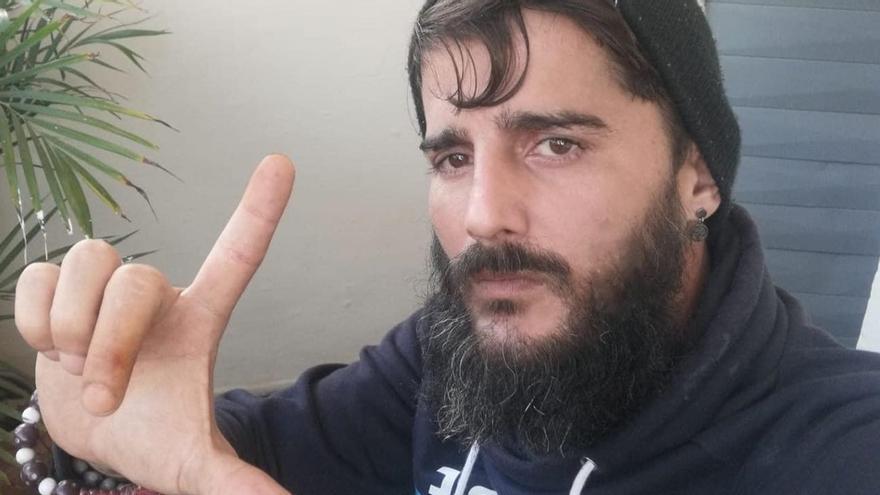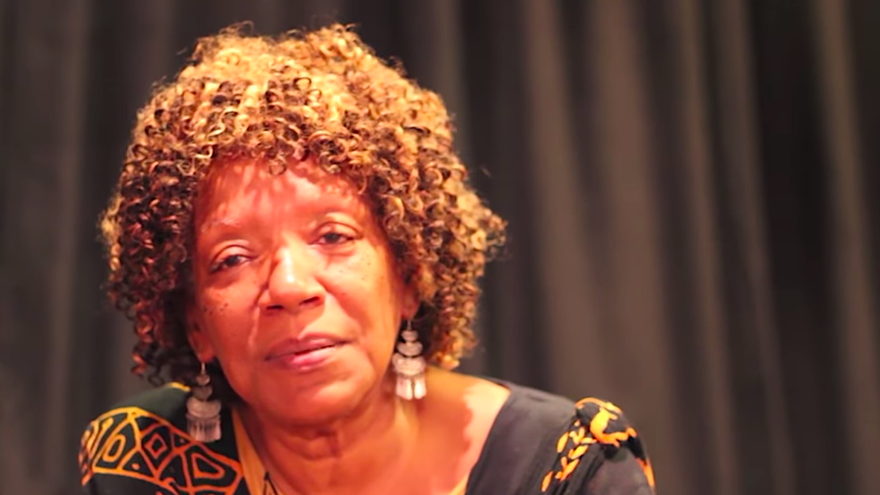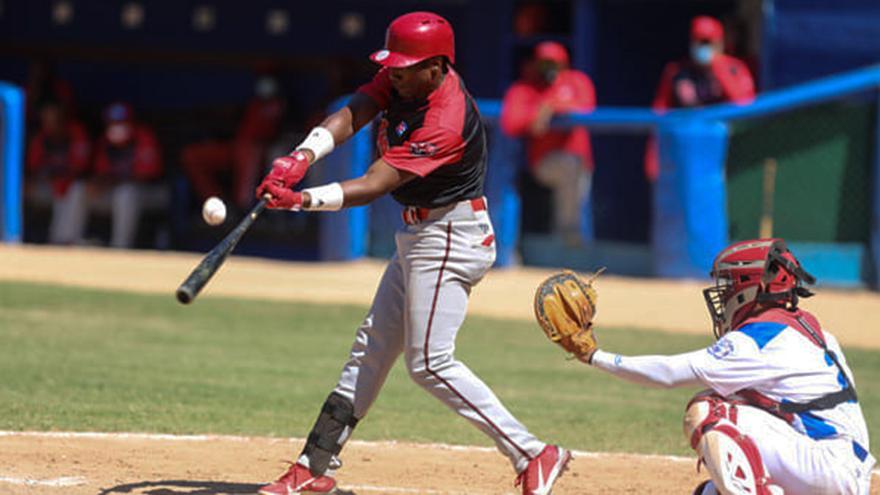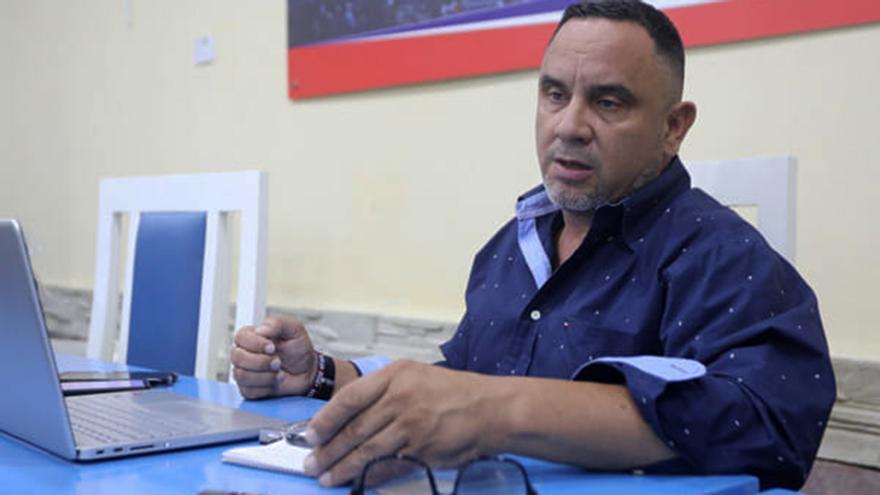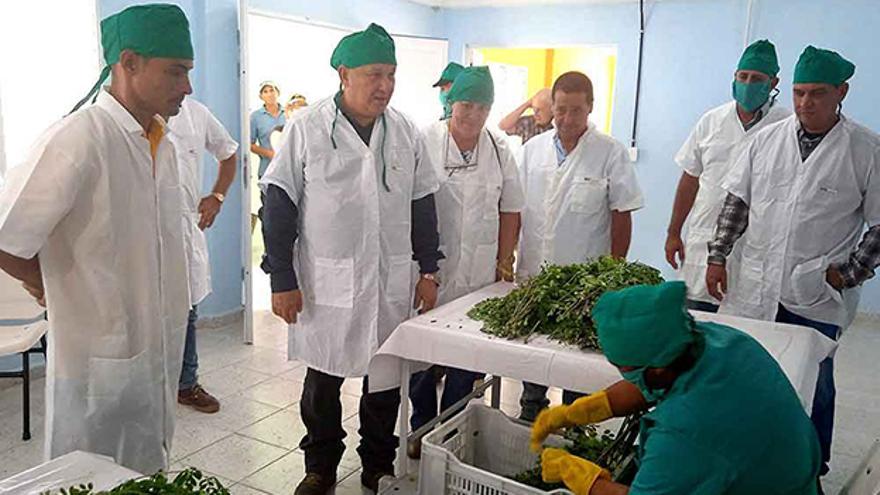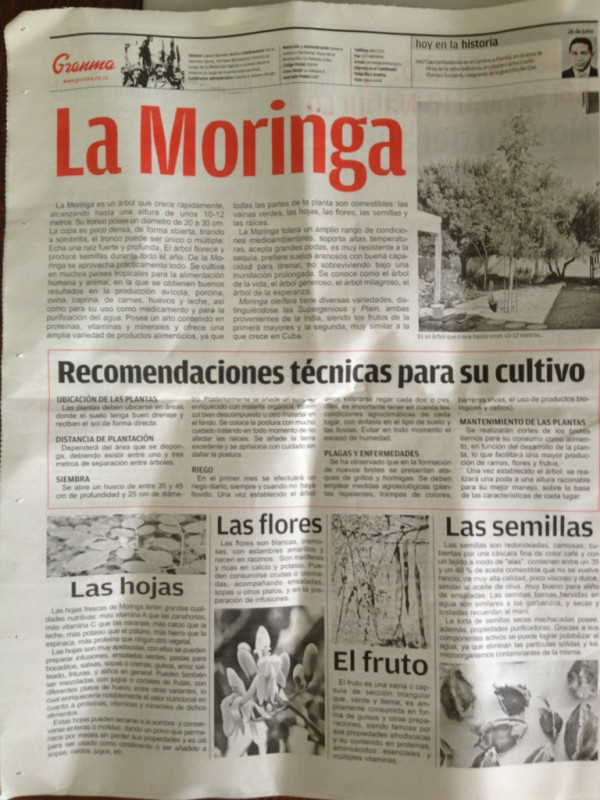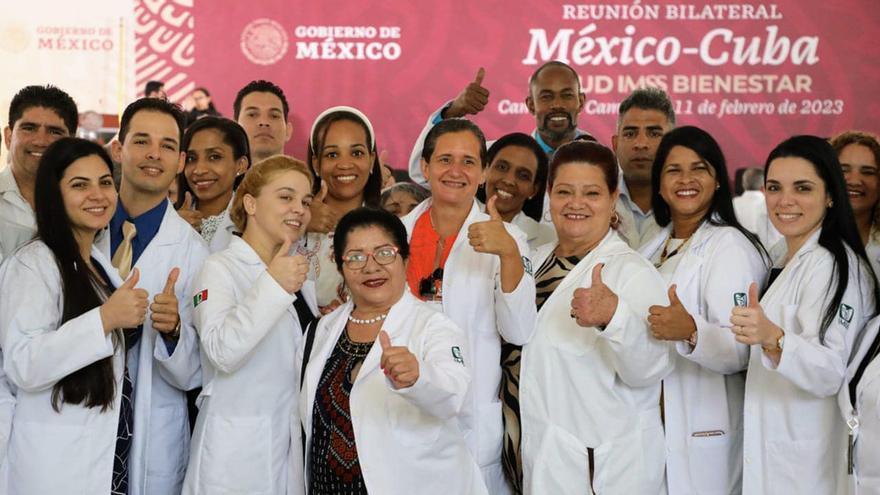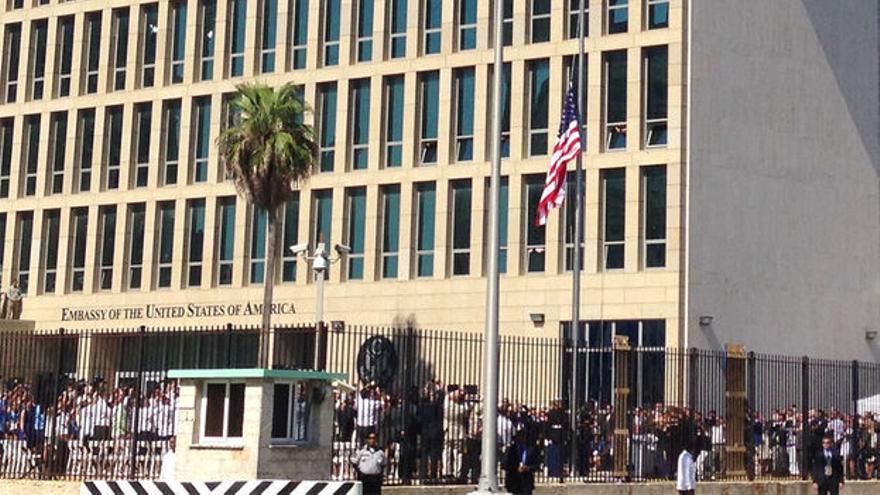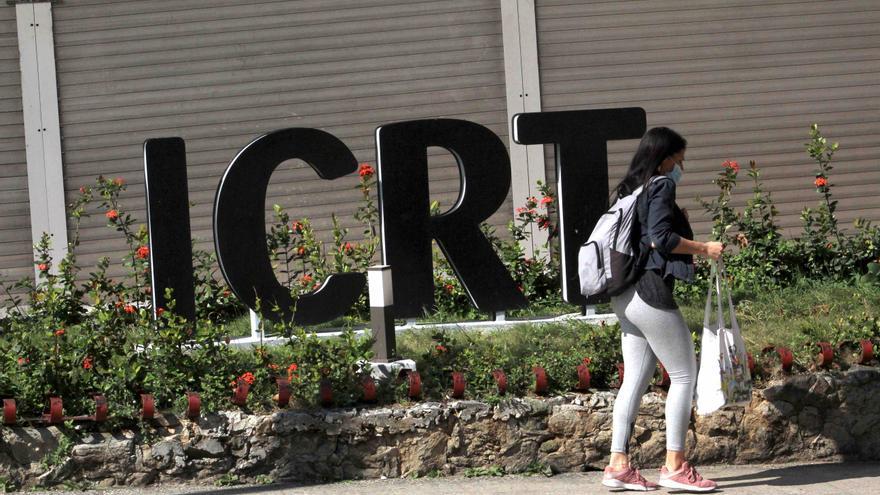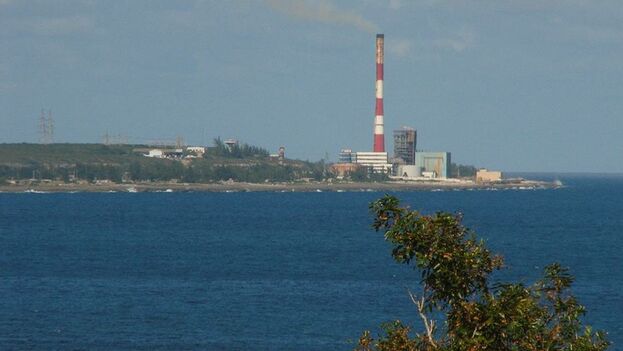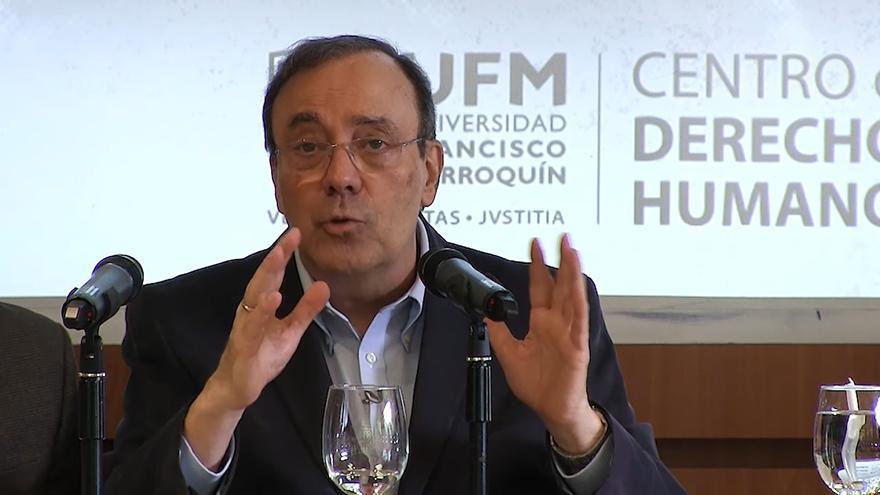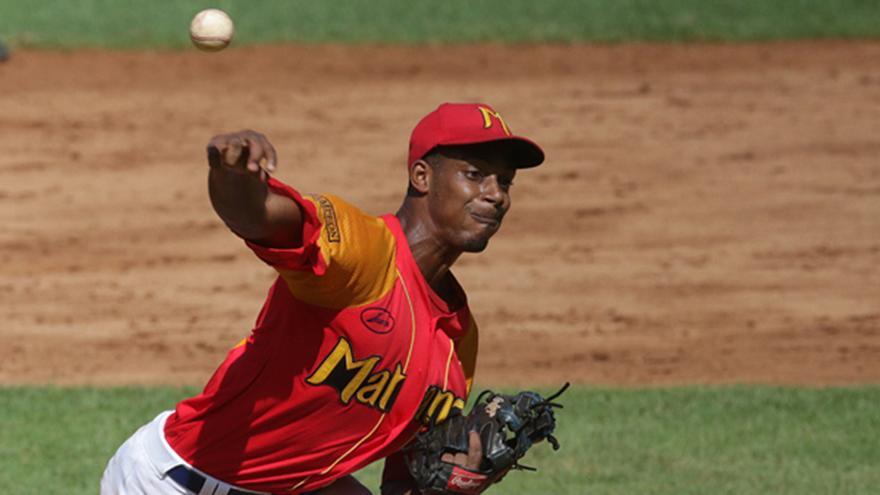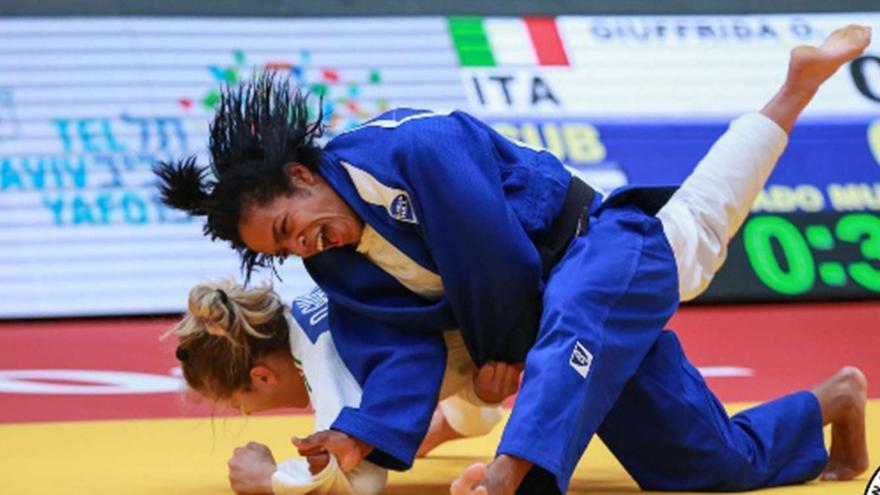14ymedio, Elías Amor Bravo, Economist, 17 May 2023–Workforce training is one of the most important activities to develop in any economy that does not want to lose the competitiveness and prosperity race in the knowledge society in which we now live. Unions and businesses, which deploy training programs based on dialogue and social agreements that are applauded by the government and implemented with public and private funding, know this. Unfortunately, in this matter, Cuba is also different from the rest of the world. We’ve just found out that the Castroite economic system cannot be further from reality and the needs of a modern society and economy. We learned yesterday, through the Official account of Cuba’s Minister of Economy and Planning, directed by Gil, that currently, not a single micro, small or medium private enterprise (known as mipymes in Cuba) or nonagricultural cooperative (private entities) includes training activities in its approved social objectives, thus it is not legal to offer remunerated training services. From that, we conclude that mipymes and nonagricultural cooperatives are not authorized to charge for training services.
In Cuba, neither mipymes nor nonagricultural cooperatives have the government authorization to impart training for a fee. Carrying out this activity could be a crime. The regime would like them to do it for free, in which case they would not do them. The matter came to light, apparently, because the Ministry had information that a series of “non-government forms of management had requested to conduct or were conducting courses, conferences, seminars and other types of training on various topics, in exchange for a fee or by contract.”
Think of the damage it could do to an economy if courses, conferences, seminars, and other types of training were provided, establishing a price. The price would be established to regulate the conditions of service delivery in terms of quality and quantity. Is it that the regime would like that these activities be carried out for free? Once again the collectivist principles and false egalitarianism are driving the economy. continue reading
In reality, these activities could sometimes be free, if the training program benefits from some type of subsidy, but in modern economic systems, all businesses, regardless of whether they are public or private, can organize training and if they deem it necessary, may charge for their services as compensation for their effort and dedication to the task. There is nothing abnormal or odd about it.
In Cuba, forget about it. When faced with the complaint, Ministry authorities took Decree 49/2021 out of the drawer, “Of the activities carried out by micro, small, and medium private enterprises, nonagricultural cooperatives, and self-employed workers,” and the rest of the legislation relative to the Cuban education system, which prohibits the private, remunerated exercise of training activities. And they are willing to demand compliance.
In line with what was presented, one of the economy’s main sources of knowledge transfer is eliminated, which is formal or nonformal training. The so-called education and formal training is acquired through the education system and is paid for with taxes collected by the communist government. Good. But in the world of work, training aimed at improving the qualifications of workers, introducing new products or services, new processes, etc. is conducted within and by companies. Díaz-Canel’s doctoral thesis includes some references to this type of issue.
Mipymes that have, through research, development, and innovation (I+D+i in Spanish) acquired some competitive advantages, which may be of interest to others, will not be authorized in Cuba to train others on those advantages, which in any case would be continually changing so as not to lose their competitive edge. It is interesting because on many occasions, companies finance their I+D+i activities by offering to train others, but in Cuba this path is closed by the regime, such that external training activities, both formal and nonformal, for a fee, are banned by the communist regime for the private sector. Let’s see who risks offering them for free.
The issue is that this measure may extend to foreign private companies that operate on the Island. Let’s remember that one formula often used to hire qualified employees for open positions is based on conducting training and selecting the most qualified candidates and those that adapt to the requirements of the job. To participate in these programs, on occasion there is a fee. Is this formula banned?
And what will happen to the internal trainings all companies conduct to continually adapt their services and products, aimed primarily at their employees. Generally, these programs are implemented by the employees of the company (who get a salary supplement) or they hire external professionals to develop training initiatives. Will it also be forbidden to contract external firms to conduct training or pay trainers a bit extra? And what will happen to training consulting services that help design better plans adapted to the needs of companies? And what will happen if the union conducts training or the association of Spanish businesses in Cuba, for example?
The formula selected by the communist regime is unjust and is ideologically charged. It prohibits private companies from charging for training services they provide, such as courses, conferences, seminars and other types of training, then are we to suppose that it will do the same to non profit organizations linked to certain institutions that still can operate on the island with an authorization from and under the control of the regime? Why does it apply to some and not others? The consequences of this type of measure is that in Cuba job training will not reach the levels desired for an economy that wishes to prosper. Without training, worker productivity will be deficient and delayed relative to technological advances. Without training, workers lose motivation and are less productive.
Given the state of the Cuban economy, the recommendation to authorities is to start over with a clean slate for the haggard Decree 49/2021, before it’s too late. Cuba cannot be at odds with the world economy.
Translated by: Silvia Suárez
Spanish post
17 May 2023

